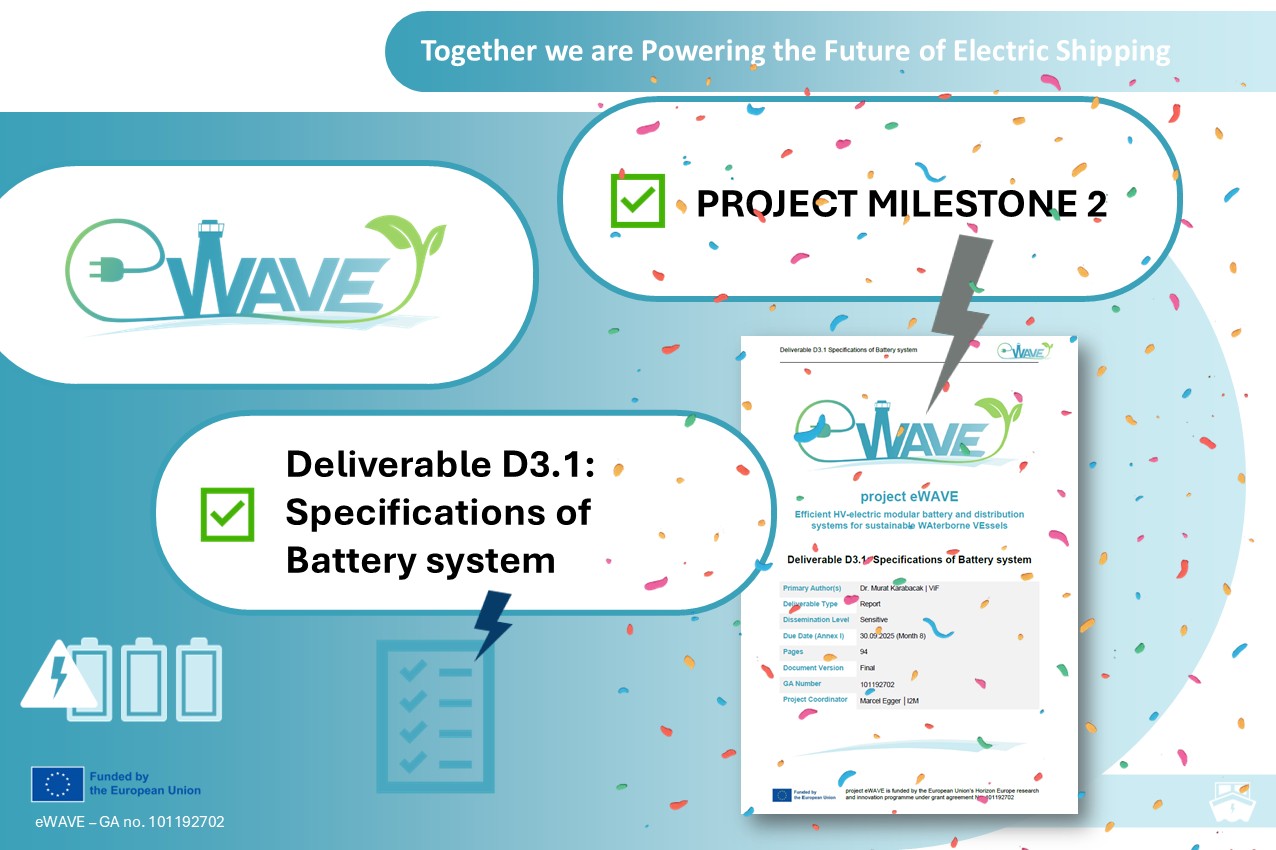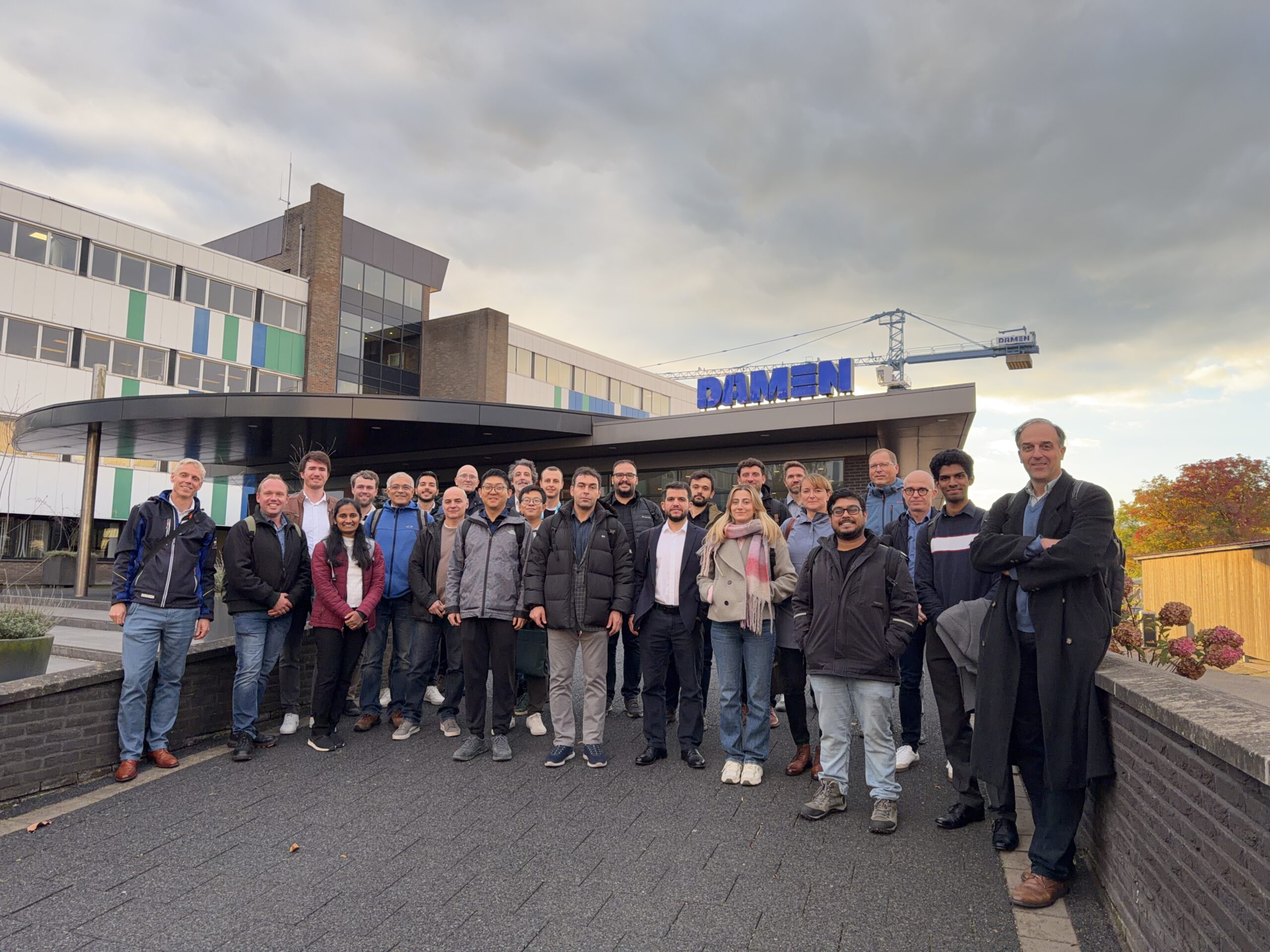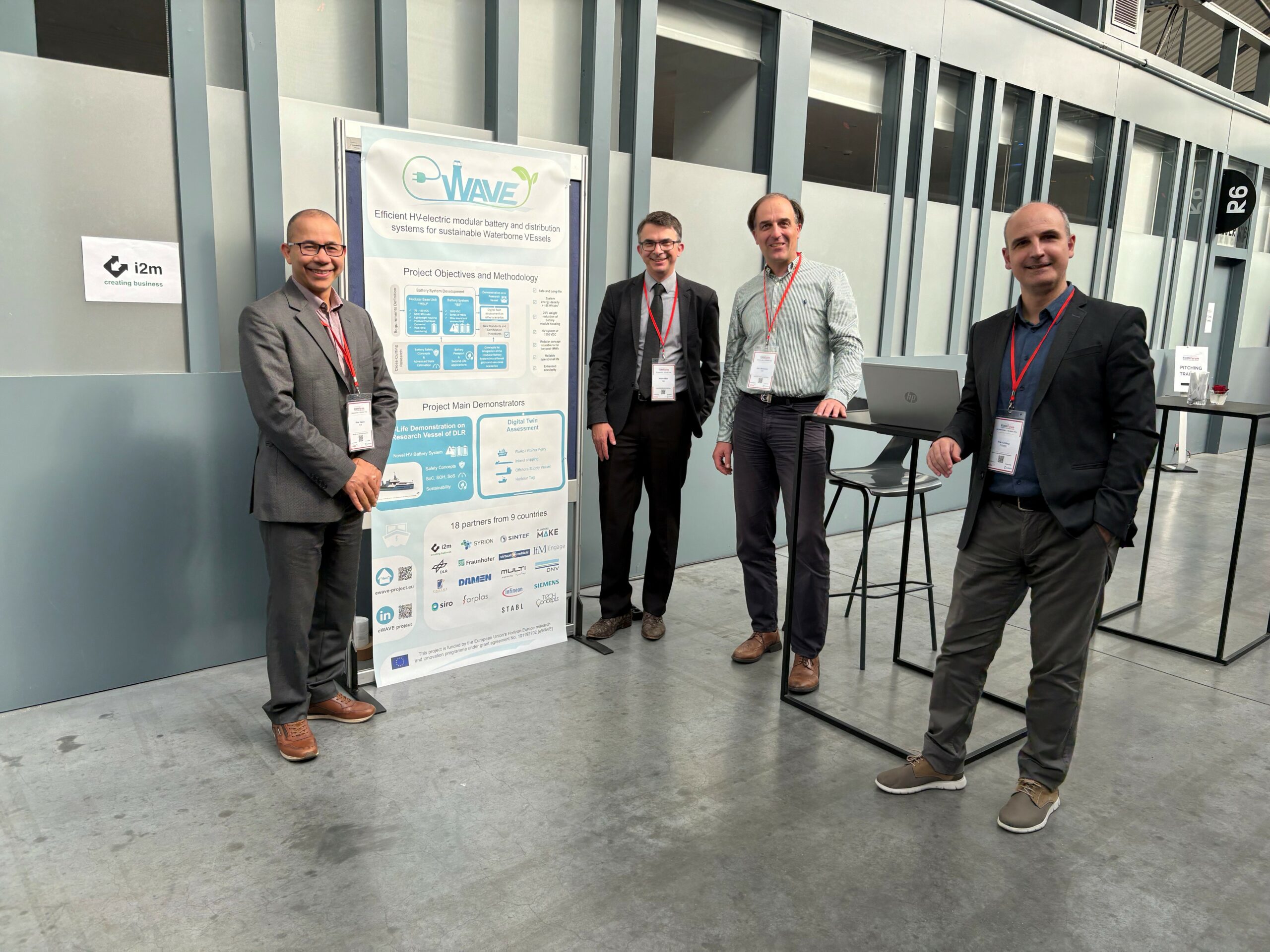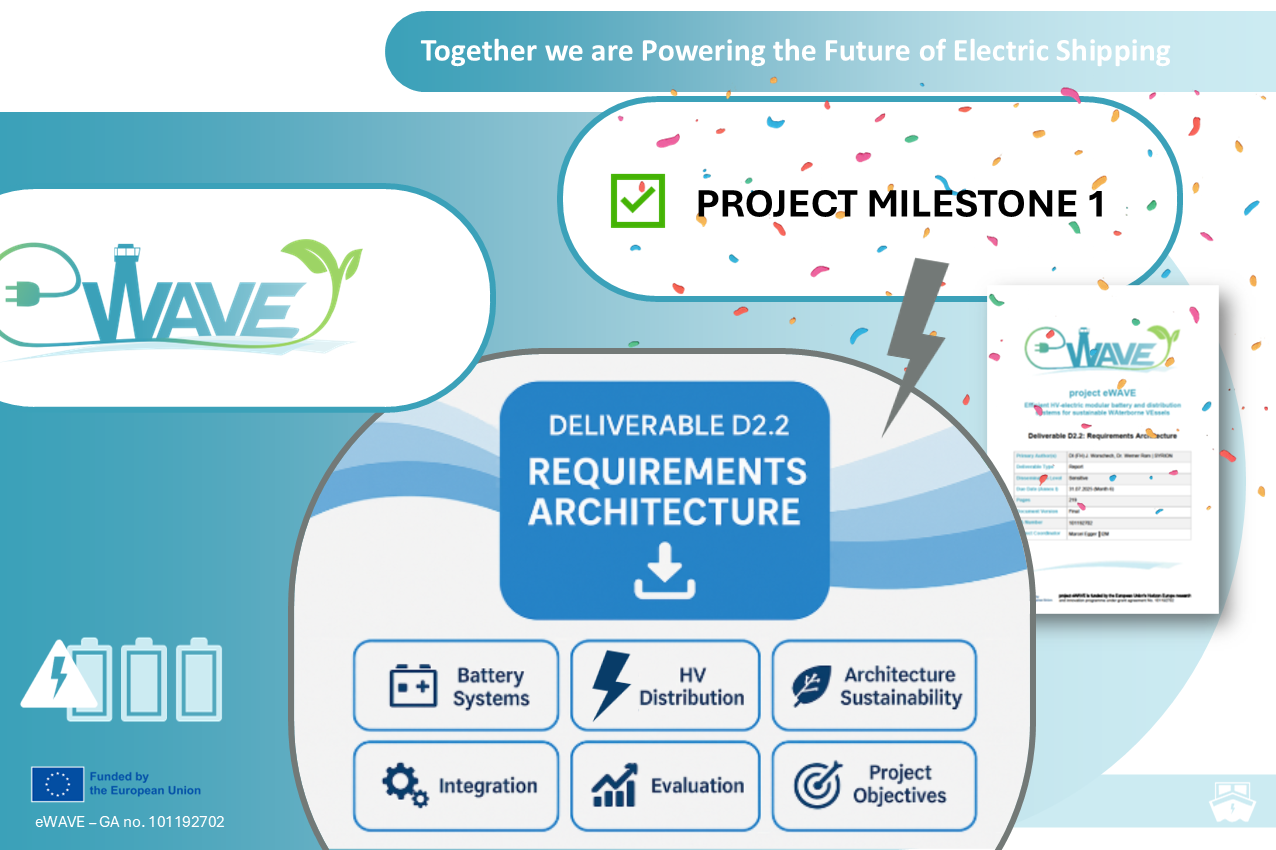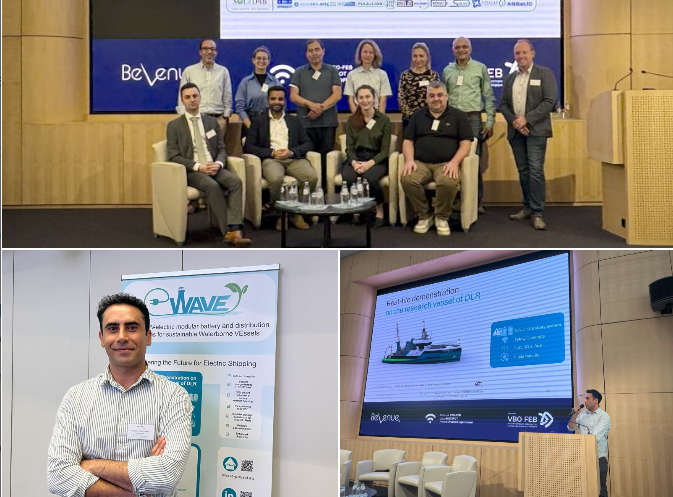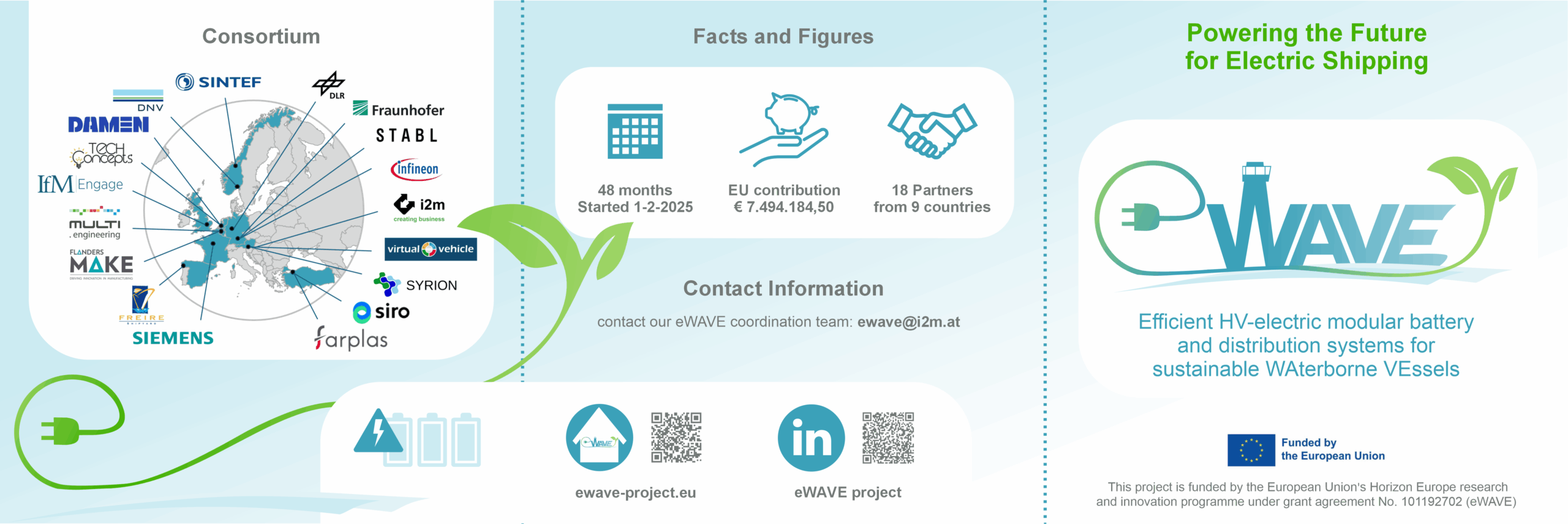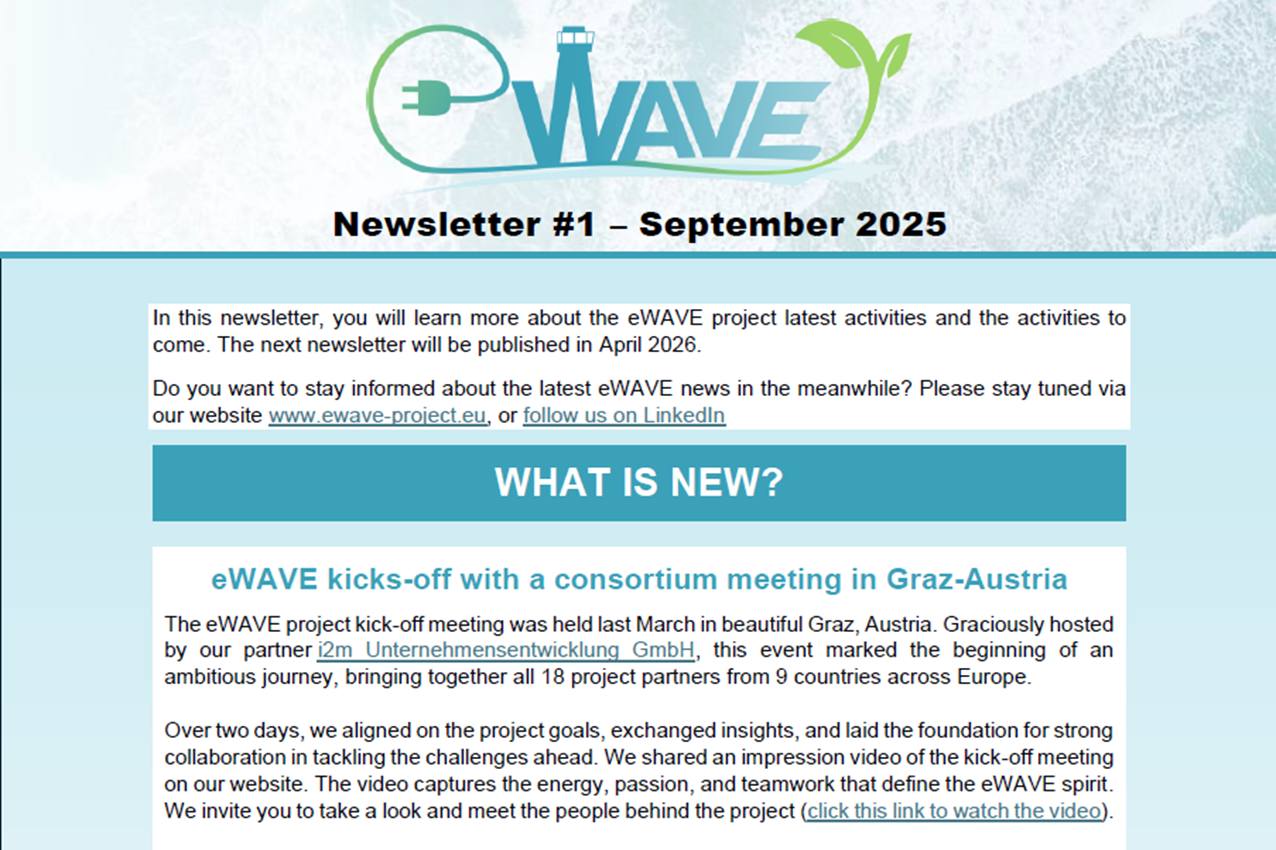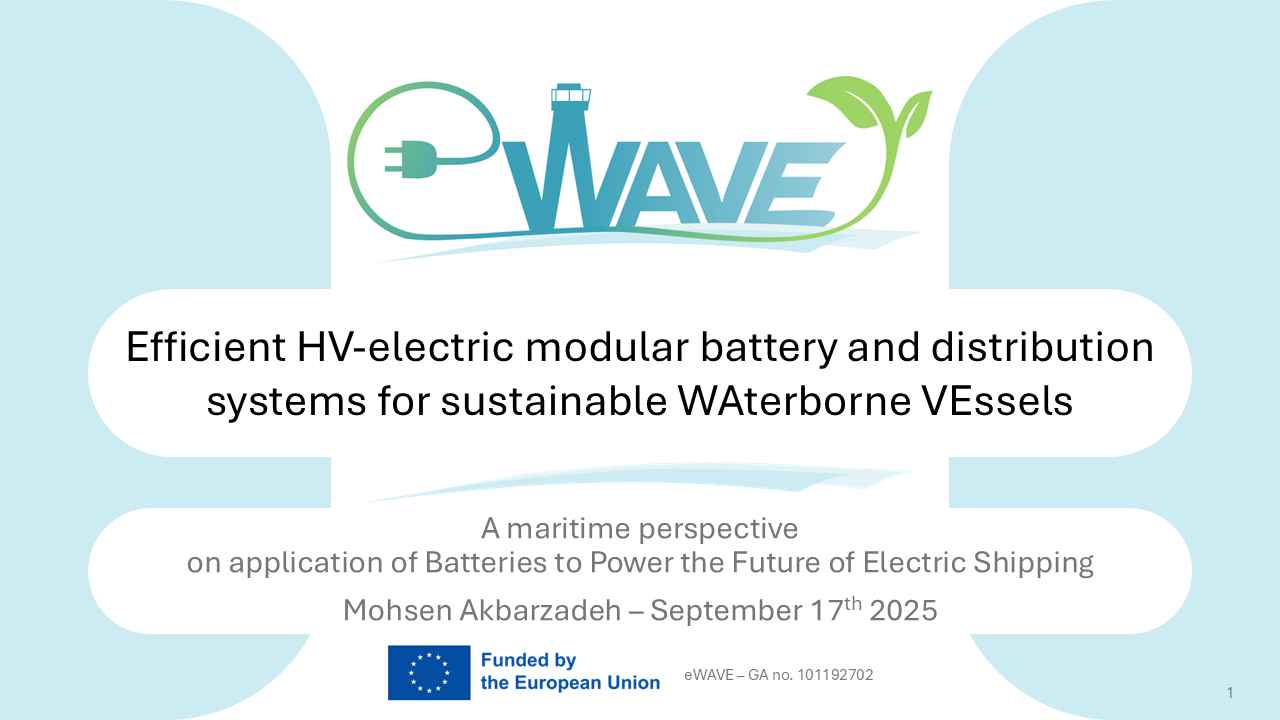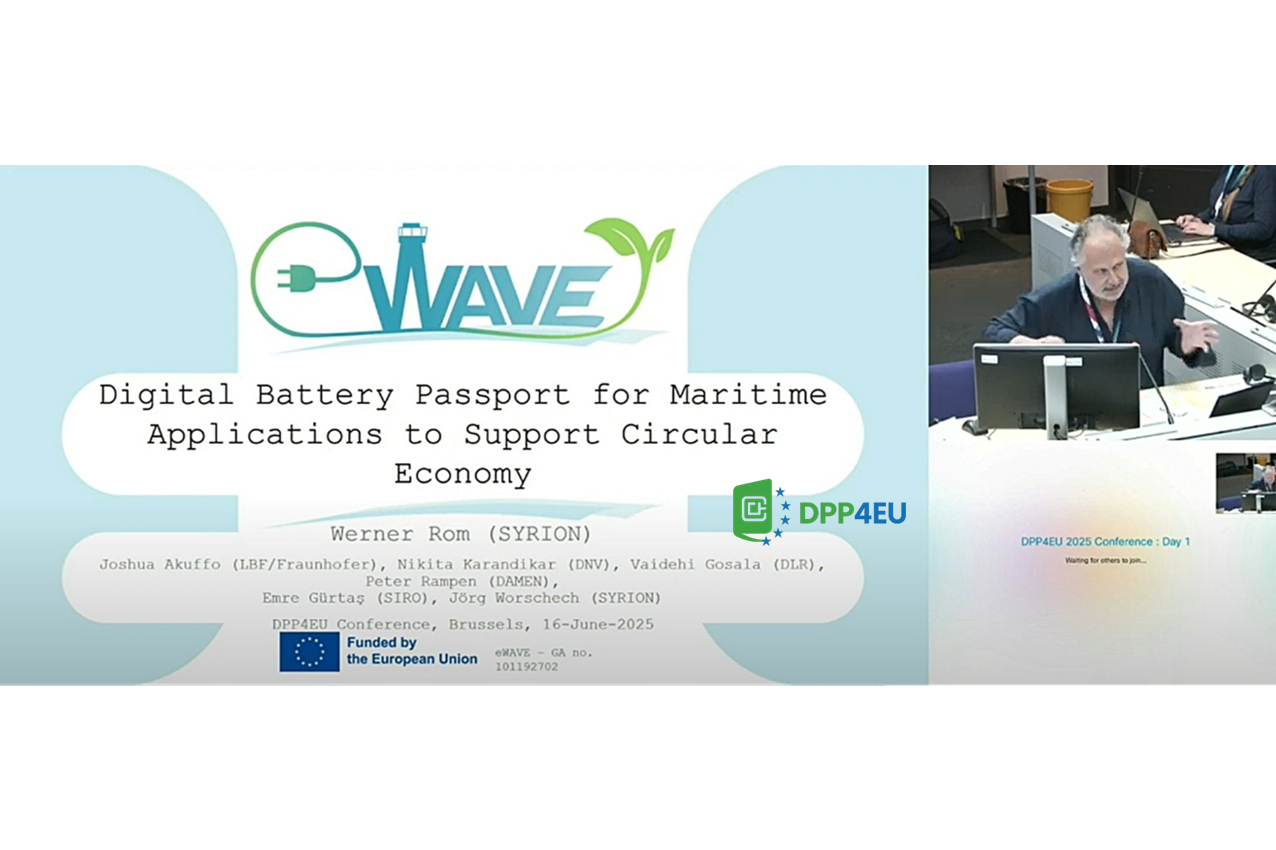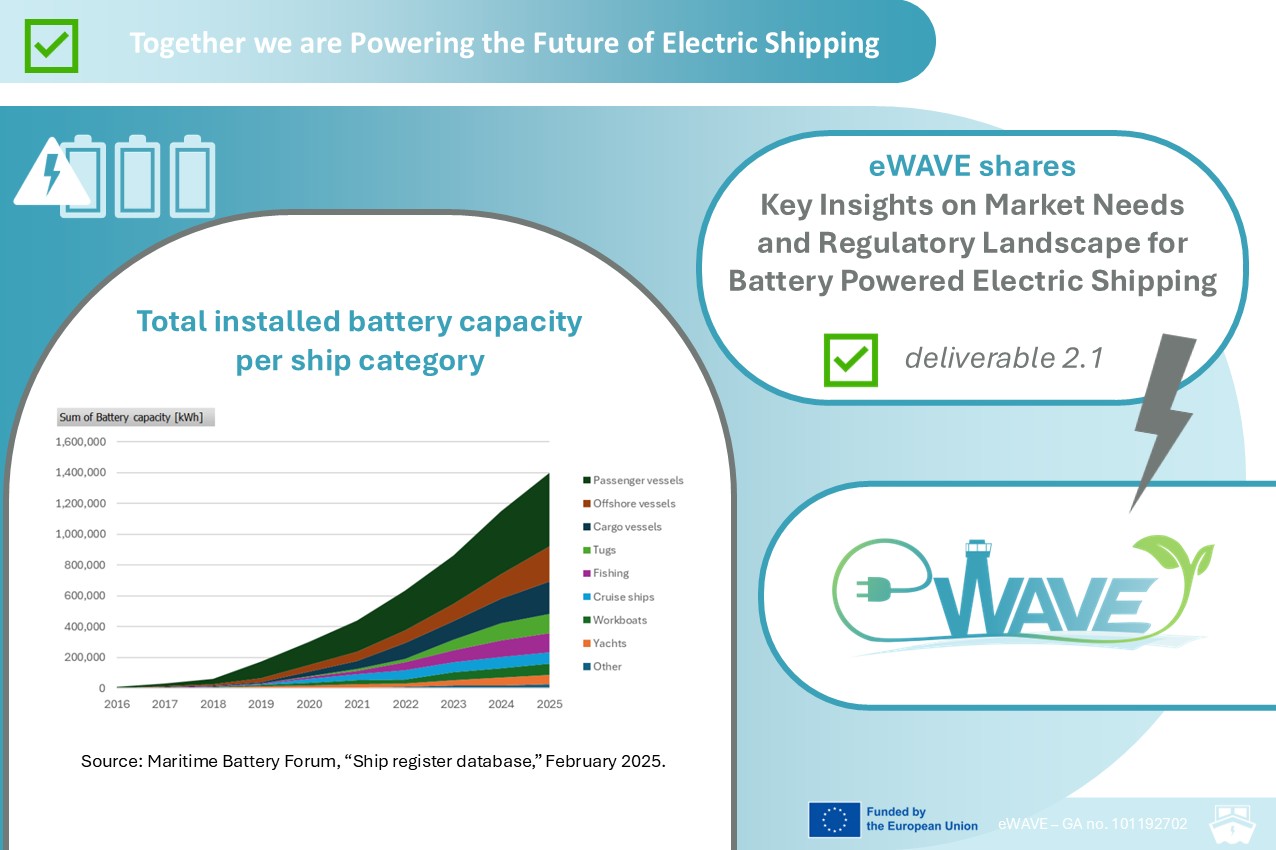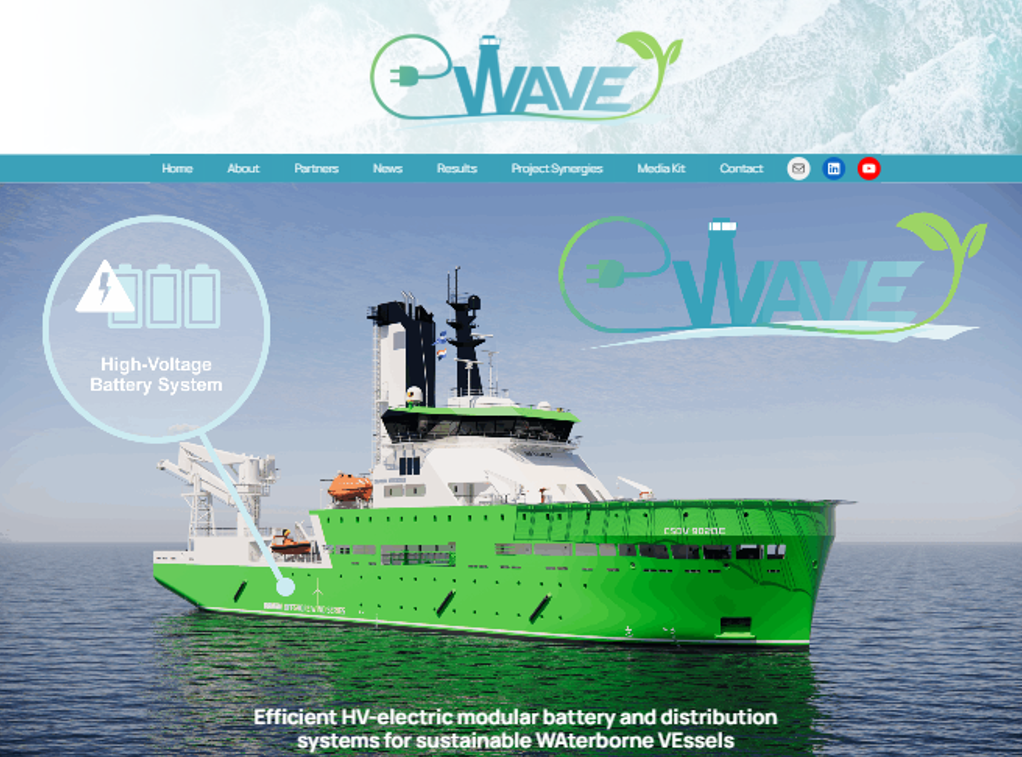At this year’s FORM Forum 2025 in Brussels, the EU-funded eWAVE project was presented to an audience of over 200 participants from academia, industry, and representatives from the European Commission, Parliament, and government who gathered to discuss “Transitioning Road Mobility: Actions to Safeguard Europe’s Competitive Edge.”
About the FORM Forum
The FORM Forum (Future of Road Mobility Forum) is a biennial event organized by EARPA (European Automotive Research Partners Association). It serves as a key meeting point for the European mobility research community, bringing together stakeholders from across the transport ecosystem to exchange insights on the future of sustainable, connected, and competitive road mobility.
The 2025 edition focused on Europe’s transition toward sustainable transport systems, emphasizing cross-sector collaboration, electrification, and innovation as enablers of competitiveness in a rapidly changing global landscape.
Bridging Road and Maritime Electrification
Although traditionally oriented toward automotive and road transport, eWAVE’s participation underscored the growing synergy between maritime and automotive innovation. Both domains face comparable technological and systemic challenges in achieving zero-emission propulsion:
- the development of high-energy-density, high-voltage battery systems,
- ensuring safety, durability, and reliability in demanding environments,
- and embedding circularity and sustainability through bio-based and recyclable materials.
During the poster session, eWAVE engaged in lively exchanges with conference participants on how technological advances in the automotive sector can accelerate maritime electrification.
Key discussion topics included:
- adapting high-voltage architectures from electric vehicles to maritime systems,
- exploring common standards and testing protocols for safety and performance,
- and strengthening cross-sector collaboration to achieve shared decarbonization goals.
A Shared Vision for Sustainable Mobility
By showcasing eWAVE at the FORM Forum, the consortium contributed to broadening the mobility dialogue beyond road transport, emphasizing that the decarbonization of Europe’s transport system depends on cross-sector innovation.
The discussions clearly showed that lessons learned in automotive electrification can inspire progress in the electrification of waterborne transport — and innovations at sea can, in turn, feed back into automotive applications.
The eWAVE project, involving 18 partners from research, technology, and shipbuilding, is advancing efficient high-voltage modular battery and distribution systems for sustainable, all-electric vessels.
Its integrated approach combines energy efficiency, safety, and circularity, supporting the EU’s objective of a climate-neutral transport system by 2050.


